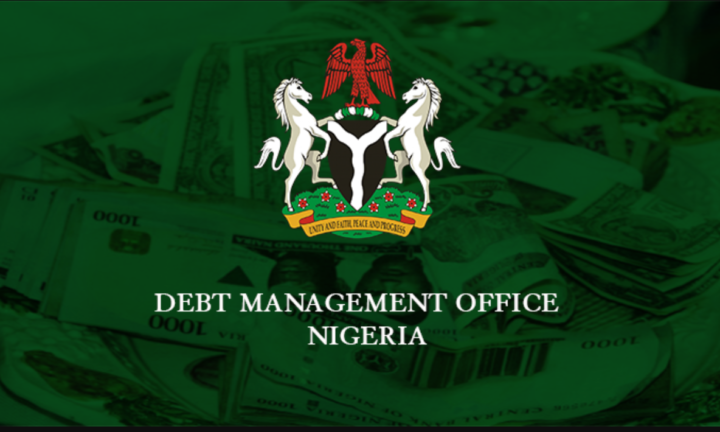The Federal Government is set to raise N200 billion through its latest bond auction, as part of efforts to finance the national budget and manage the country’s growing fiscal obligations. According to sources within the Debt Management Office (DMO), the auction is scheduled to offer a mix of Federal Government Bonds across different maturities to attract a broad range of investors.
The bond issuance comes against the backdrop of Nigeria’s rising public debt profile and the need to finance budgetary deficits occasioned by lower-than-expected revenues and increased government spending on infrastructure and social programs. Officials explained that proceeds from the N200 billion offering will go towards funding critical projects and addressing fiscal gaps while ensuring debt sustainability.

Market analysts suggest that the offer will likely feature re-openings of existing bonds with tenors of 10, 15, and 30 years, which have historically attracted significant interest from institutional investors such as pension fund administrators, insurance companies, and asset managers. This issuance aligns with the government’s domestic borrowing strategy aimed at tapping local markets to reduce exposure to foreign exchange volatility and external debt risks.
The DMO has emphasized that the bonds, like other Federal Government securities, are backed by the full faith and credit of the Federal Government and qualify as liquid assets for regulatory purposes. They are also tax-exempt for corporate investors, a factor expected to further stimulate participation. Analysts project robust demand for the securities, given the attractive yields typically associated with government debt instruments in Nigeria.
Recent trends indicate that domestic borrowing remains a major component of the government’s financing strategy. Nigeria’s public debt stock stood at over N121 trillion by mid-2025, with a significant portion attributed to domestic obligations. This approach has helped to reduce the pressure on external reserves but has also raised concerns about high debt servicing costs, which currently consume a significant portion of government revenues.
The upcoming N200 billion auction reflects the government’s broader fiscal plan to strike a balance between meeting spending needs and maintaining debt sustainability. Experts have pointed out that improving non-oil revenue mobilization and broadening the tax base are critical to reducing over-reliance on borrowing in the long term.
Investor sentiment towards Nigerian debt instruments has remained relatively strong despite economic headwinds, including inflationary pressures and exchange rate volatility. With inflation still above the Central Bank of Nigeria’s target band, the yields on government bonds remain attractive to investors seeking to hedge against inflation while benefiting from the sovereign risk premium.
Financial analysts note that the success of the auction will depend on prevailing market conditions, including liquidity levels in the financial system and the monetary policy stance of the Central Bank. The CBN’s recent tightening measures have led to higher yields across the fixed-income market, which could boost participation in the auction, provided the rates offered align with investor expectations.
The government’s domestic borrowing program is also seen as a tool to stimulate economic activity, as funds raised are earmarked for critical infrastructure projects such as roads, rail, power, and other essential sectors. Improved infrastructure is expected to enhance productivity, attract private investments, and support economic diversification efforts.
However, some economists have warned that continued borrowing without corresponding growth in revenue could exacerbate fiscal vulnerabilities. They stress the importance of using borrowed funds for productive purposes that can generate economic returns and improve the country’s debt repayment capacity over time.
The DMO is expected to release further details on the specific bond maturities and the auction date in the coming days. Market watchers are closely monitoring the issuance as an indicator of investor appetite and confidence in Nigeria’s fiscal management strategy.
The outcome of the auction will also provide insights into the broader direction of domestic capital markets and the willingness of investors to continue supporting government financing efforts amidst economic uncertainties. If successful, the N200 billion bond sale will not only provide immediate fiscal relief but also reinforce Nigeria’s commitment to deepening its domestic debt market and strengthening financial stability.
Support InfoStride News' Credible Journalism: Only credible journalism can guarantee a fair, accountable and transparent society, including democracy and government. It involves a lot of efforts and money. We need your support. Click here to Donate
